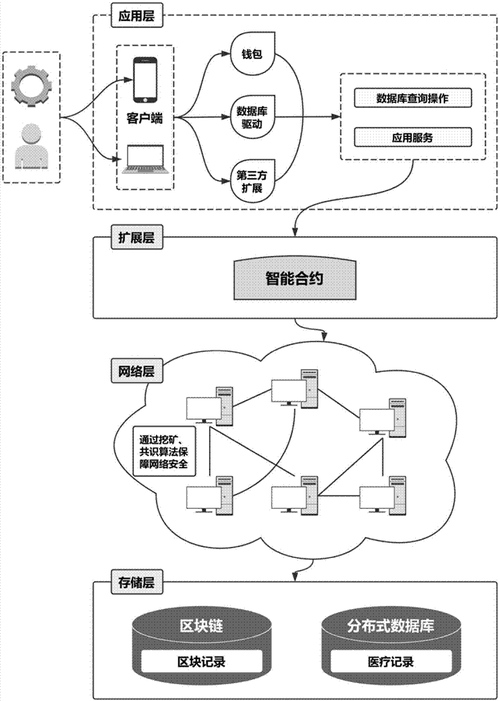Exploring Blockchain Technology and International Data
Blockchain technology has revolutionized various industries, offering transparency, security, and efficiency in data management. When considering its implications on international data, several key aspects come into play, ranging from privacy concerns to crossborder transactions. Let's delve into the intersection of blockchain technology and international data to understand its significance and potential challenges.
Blockchain's decentralized nature ensures that data is not stored in a single location, making it less vulnerable to hacking or unauthorized access. Each block in the chain is cryptographically linked to the previous one, creating a tamperresistant system. For international data, this means increased security and integrity, crucial for sensitive information such as financial transactions or personal records.
Blockchain's transparency enables all parties involved in a transaction to have visibility into the data stored on the chain. This transparency can facilitate international trade by reducing the risk of fraud and ensuring compliance with regulations across borders. Smart contracts, selfexecuting contracts with the terms directly written into code, further automate and enforce agreements, streamlining international transactions.
While blockchain offers enhanced security, it also poses challenges regarding data privacy, especially in the context of international regulations such as the GDPR (General Data Protection Regulation). Blockchain's immutable nature means that once data is recorded on the chain, it cannot be easily altered or erased, potentially conflicting with the "right to be forgotten" principle mandated by certain data protection laws.
International data management involves navigating complex regulatory frameworks across different jurisdictions. Blockchain technology must comply with various regulations related to data protection, financial transactions, and crossborder data transfers. Ensuring compliance while harnessing the benefits of blockchain remains a significant challenge for businesses operating globally.

Blockchain technology has the potential to revolutionize crossborder payments by eliminating intermediaries, reducing transaction costs, and accelerating settlement times. Cryptocurrencies and stablecoins built on blockchain platforms offer an alternative to traditional banking systems, enabling faster and more costeffective remittance services for individuals and businesses worldwide.
Interoperability between different blockchain networks is crucial for the seamless exchange of data and assets across borders. Standards and protocols need to be established to facilitate communication and interoperability between disparate blockchain platforms. Initiatives such as crosschain interoperability protocols aim to address this challenge and unlock the full potential of blockchain technology on a global scale.
Blockchain technology holds immense promise for revolutionizing international data management, offering enhanced security, transparency, and efficiency. However, it also presents challenges regarding data privacy, regulatory compliance, and interoperability. As businesses and governments embrace blockchain solutions, addressing these challenges will be essential to unlocking the full potential of blockchain in managing international data.
标签: 区块链技术和国际数据有关吗 区块链与数据技术应用 区块链技术与大数据技术






